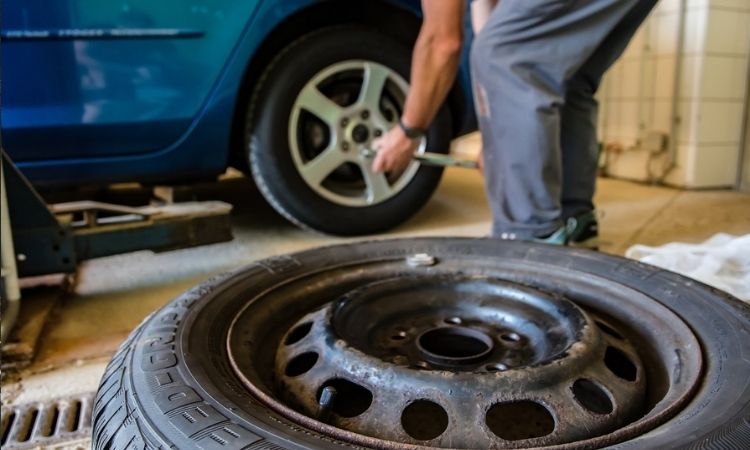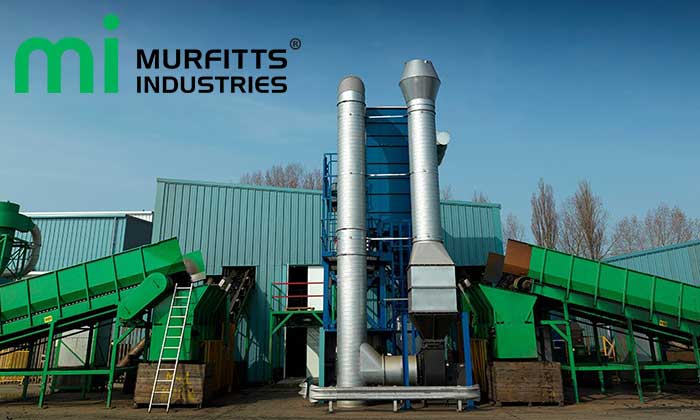An Auckland company mixes end-of-life tire rubber with plastic to produce synthetic turf fields
A company from Auckland, New Zealand, is giving new life to scrap tire rubber mixed with plastic waste, which would otherwise end up being stockpiled or landfilled. Using an up-to-date technology, the company is turning the materials into a base for sports fields. Ecocept reports that it produces synthetic turf underlayer pads from a mix of ground plastics and old car tires, replacing the traditional rock and rubber sports pads beneath synthetic turf.
The company reports that the Gurdwara Sri Kalgidhar Sahib Sikh Temple in the south of Auckland became one of the first customers who trying the product in its newly built football field. Recent heavy rainfall in New Zealand barely affected the shape of the field.
Video: courtesy of TigerTurf.
Stephen Stones, managing director of TigerTurf - a company that installs synthetic turf, said the base had made a difference.
"We've had really heavy rain all morning. If this was an actual field, it will just be a bog. It will be wet. You can see it's dry. All the water has gone. You can playing on it straight after the rain," said Stones and added that the synthetic turf fields could extend play time significantly.
Ecocept was developed by TigerTurf's Europe-based parent company TenCate Grass. Stones said it used different kinds of plastics ranging from milk bottles to bread bags, whereas and no sorting was needed during the pre-selection and production process. He added that the plastics could be “ground into little chips before being made harder, then bound together with tire chips, with holes between the granules allow water to run through.” In addition, stones pinpointed the huge environmental benefit of the product.
"So in the case of the field here at the Sikh temple, we have around 50,000kg of plastic waste that would have gone to landfill, and we've got the equivalent of around 6000 car tires that would have gone to landfill, to make a piece of infrastructure which will last here for at least 30 years."
Moreover, there are also three big tanks at the temple's new field: they store and enable to reuse water collected from the drainage. According to the director, when the synthetic turf on top of the base wore out it could be reused as a turf base. The company also said that this particular field was manufactured from the plastics and rubber imported from Europe, as it turns out to be cheaper with foreign government subsidies. In the future, the company is planning to use end-of-life tires and plastics from New Zealand.
"A lot of the things that we're doing is about raising awareness to see whether we can get local and central government support to subsidize some of these recycling efforts so that we can use our own waste," Stones highlighted.
"Ultimately we're reducing landfill on the planet which is not a bad thing, but we'd like to be doing it at our own backyard."
The president of the Sikh temple, Lali Ranvir Singh, says they he is looking forward the official opening of the field in March 2020.
"So many local clubs and local schools want to play here. There's a big interest in the community. They really want to see it."
"This will be very beneficial for our community, the whole community, the players and everyone," vice president Manjinder Singh added.
Today, five community groups, sport clubs and schools are using the Ecocept’s turf base in New Zealand and the company is anticipating surging demand for its merchandize in the future.
Article by RNZ.
Weibold is an international consulting company specializing exclusively in end-of-life tire recycling and pyrolysis. Since 1999, we have helped companies grow and build profitable businesses.









